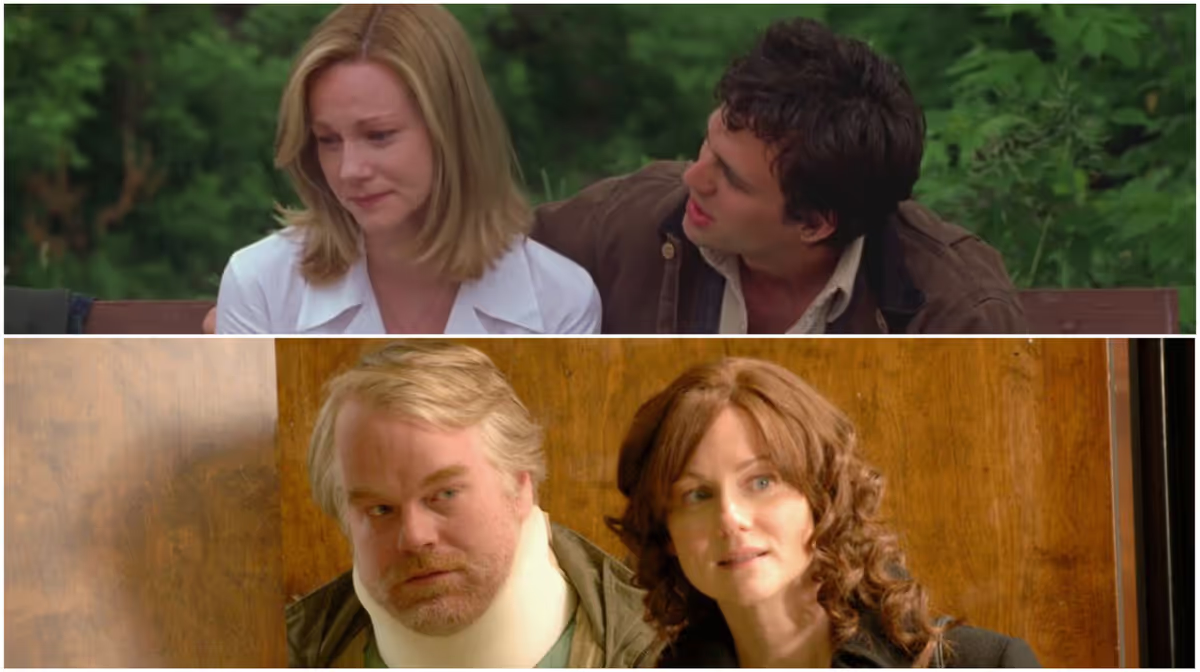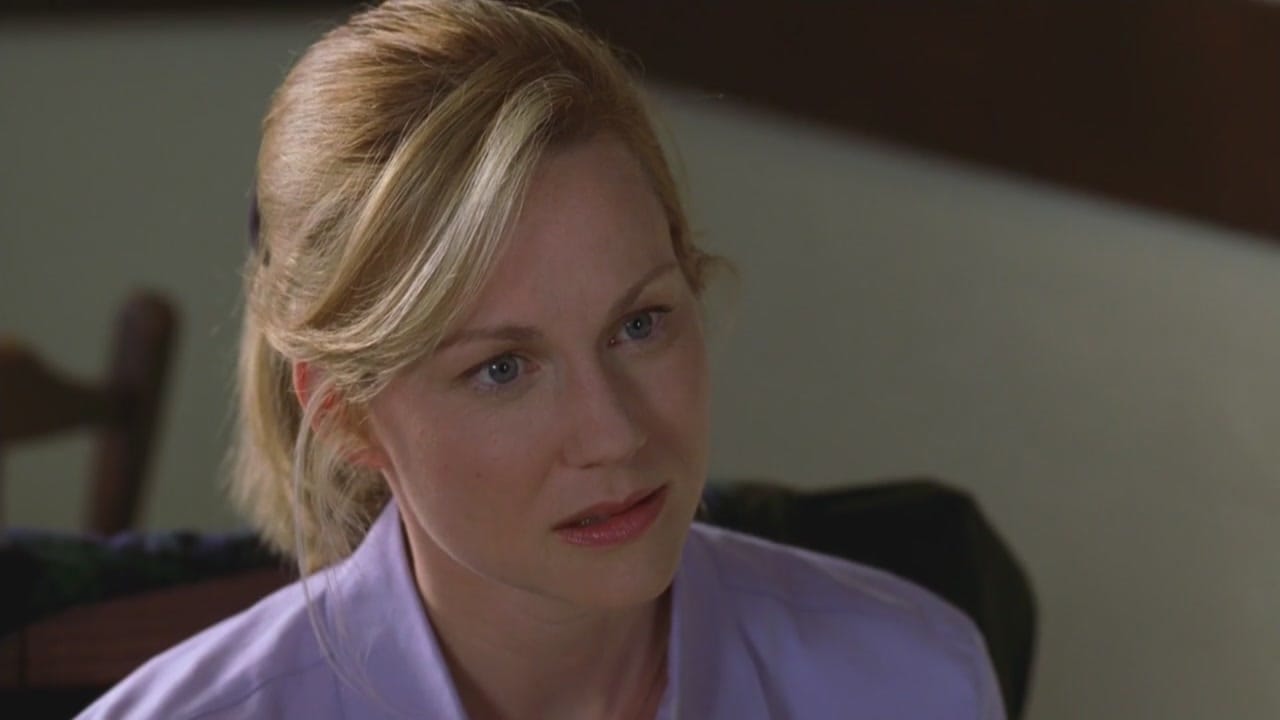Laura Linney is Your Sister
On the unique qualities of Laura Linney as one in a pair of screwed-up siblings in 'You Can Count on Me' and 'The Savages.'

“You are an idiot.” — Laura Linney to her brother in You Can Count on Me
“You’re an idiot.” — Laura Linney to her brother in The Savages
The early scenes in You Can Count on Me, the keenly (and justifiably) anticipated feature debut by playwright Kenneth Lonergan, do quite a bit of heavy lifting to set up the most crucial scene of the movie, a reunion between two siblings at a diner in Scottsville, New York, a small village in the Catskills. We know that Sammy and Terry lost both their parents in a car accident when they were little. We know that Sammy continues to live in their childhood home in Scottsville, where she raises her eight-year-old son on her own and works as a loan officer at a local bank. We know that Terry is something of a drifter, writing infrequently but well enough to where Sammy tucks his letters away in a file marked “Terry Corresp.” His latest bit of trouble involves a young woman in Worcester, Massachusetts and he’s come back home to borrow some money from his sister. That’s one major detail that know and she doesn’t.
I’ve seen that scene countless times and it has never failed to put a lump in my throat. The only variable is when. The heartbreak on both sides is immense: Terry is Sammy’s favorite person in the world—a sibling bond that tragedy has deepened to a crippling degree in adulthood—so she’s crestfallen to hear about what he’s been doing in the two years since they last saw each other and to learn the true purpose of his visit. For his part, Terry feels the shame of disappointing her and coming back to town a shambling loser, so conscious of the ratty old t-shirt he wears at the diner that he shifts conspicuously in his chair. Mark Ruffalo was a relative unknown when Lonergan cast him as Terry—he’d been in Lonergan’s 1996 off-Broadway play This Is Our Youth—and his vulnerability in the scene made him look like the second coming of Dean or Brando. He’s that good.
And yet it’s Linney who has me now, quite literally at hello. If it’s not the moment Sammy spots her brother outside the window, waving both hands in ecstatic anticipation, then it’s the early exchanges of dialogue, where she brushes away Terry’s apologies for various bus mishaps (“I don’t care, Terry” she says) and scruffy appearance (“You look fine,” she says). Lonergan’s dialogue in this early part of the scene is clipped like a David Mamet play, and Linney’s end of it is full of quick reassurances to her brother that his trespasses are all forgiven now that he’s back in her life. But the speed at which he will disappoint her—first by confessing a stint in jail for a bar fight, then by asking for money to bring back to Worcester the next day—knocks the wind out of her. She loses her composure.
That composure is a key weapon in Linney’s arsenal. There’s a prim formality with which she carries herself that gives her power in some instances—witness her four-season run on Netflix’s Ozark, for example—but also a brittleness that heightens her vulnerability. A critic friend of mine, in a pan of the 1996 thriller Primal Fear, wrote that Linney had an acting style that could “shatter glass,” a derogatory jape that actually cuts to the core of what’s so special about her. (He’s since come around.) She projects a unique fragility that’s all the more poignant for the way she carries herself. In two of Linney’s greatest performances, in You Can Count on Me and Tamara Jenkins’ 2007 film The Savages, she’s a sibling to two lumpen fuck-ups who naturally look less put-together than she is. But she’s her own, more hidden brand of walking catastrophe.

Her brothers in both films are keen to her hypocrisy, but Terry in You Can Count on Me arrives in no position to call her out as a fuck-up—at least, not in the beginning. Lonergan is patient in revealing the various cracks in Sammy’s facade, aside from setting up a rudderless relationship with her on-again/off-again boyfriend Bob (Jon Tenney) and some tension with her new bank manager Brian (Matthew Broderick), who doesn’t like her leaving work in the middle of the afternoon to pick up her son Rudy (Rory Culkin) from school. Neither of these are character flaws on Sammy’s part, anyway: The dating pool in Scottsville is shallow enough to where she could be forgiven for stringing a mediocre guy like Bob around, and Brian’s unwillingness to accommodate the needs of a single mother is only the first indication of his lousy management style.
This post is for paying members only
Sign up now to read the post and get access to the full library of posts for subscribers only.
✦ Sign up